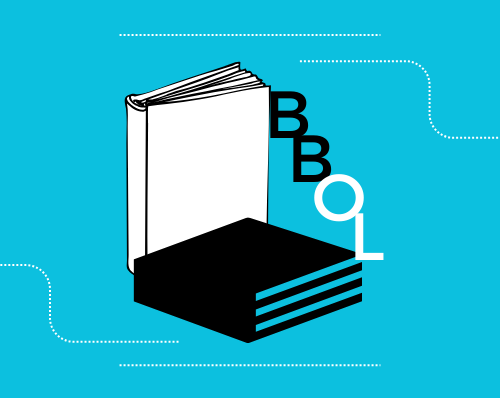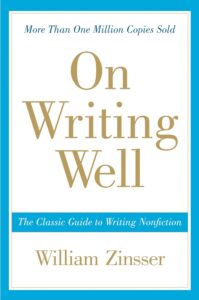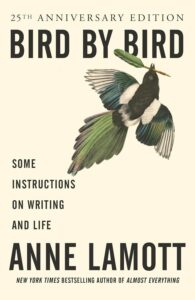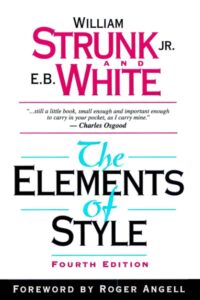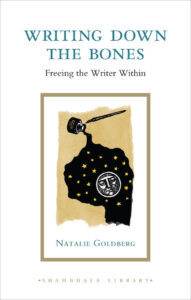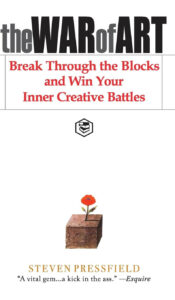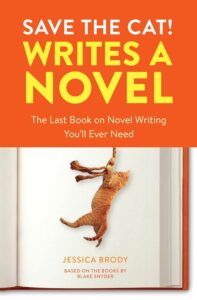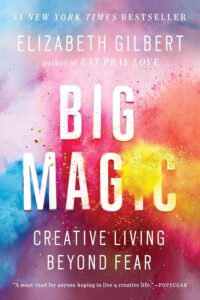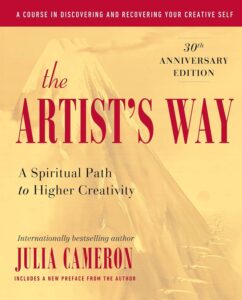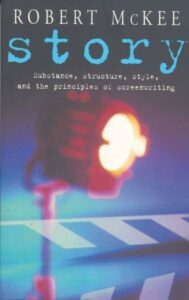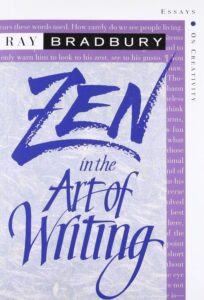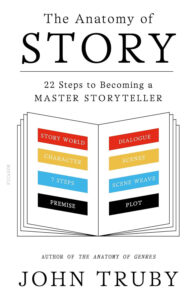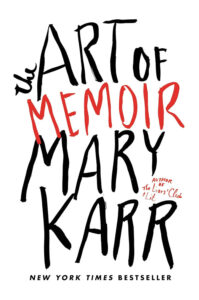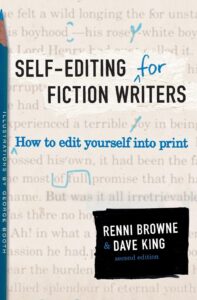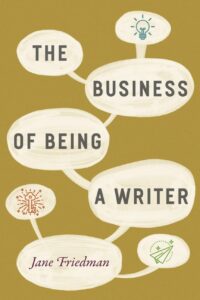Introduction:
Starting your journey as a writer can be both exciting and challenging. Whether crafting your first novel, writing short stories, or looking to improve your skills, the right resources can make a significant difference. Here are fifteen essential books that every aspiring writer should have on their bookshelf, offering a blend of practical advice, inspiration, and insights into writing.
1. On Writing by Stephen King
Overview: This book combines personal narrative with practical lessons from one of the most prolific authors in the world. King shares his journey as a writer, providing practical advice on writing mechanics and emphasizing the importance of persistence.
Why You Should Read It: Stephen King’s part memoir, part master class on writing offers invaluable insights into the writer’s life and practical advice on honing your craft.
Key Takeaways:
- Conversational tone and personal anecdotes
- Emphasis on persistence and dedication
- Practical advice on writing mechanics
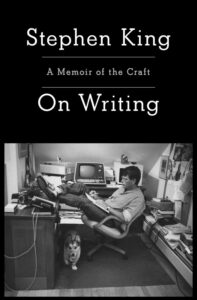
2. On Writing Well by William Zinsser
Overview: This classic guide emphasizes clarity, simplicity, and efficiency in writing. It covers various aspects of writing nonfiction, from principles of good writing to practical advice on specific writing challenges.
Why You Should Read It: It provides timeless advice on how to write clear and engaging nonfiction.
Key Takeaways:
- Focus on clarity and simplicity
- Emphasis on finding and developing your voice
- Importance of revision and rewriting
- Practical tips for overcoming common nonfiction writing challenges
3. Bird by Bird by Anne Lamott
Overview: Anne Lamott provides an honest and humorous look at the writing process, breaking it down into manageable steps. She offers advice on everything from writer’s block to finding your voice.
Why You Should Read It: Anne Lamott’s guide to writing and life is filled with humor and wisdom.
Key Takeaways:
- Humorous and honest advice
- Practical steps for overcoming writer’s block
- Encouragement for finding your voice
4. The Elements of Style by William Strunk Jr. and E.B. White
Overview: This classic guide covers the fundamental rules of English style and grammar, making it an essential reference for writers who want to improve their writing’s clarity and precision.
Why You Should Read It: This classic book on English style and grammar is an essential reference for any writer.
Key Takeaways:
- Clear and concise writing guidelines
- Fundamental rules of grammar and style
- Easy to understand and apply
5. Writing Down the Bones by Natalie Goldberg
Overview: This book treats writing as a daily practice and provides strategies to unlock creative potential. It is filled with exercises and meditations to free the writer within.
Why You Should Read It: Emphasizes the importance of writing as a practice.
Key Takeaways:
- Techniques for unlocking creativity
- Emphasis on freewriting
- Practical exercises and meditations
6. The War of Art by Steven Pressfield
Overview: Addresses the common barriers writers face, such as procrastination and self-doubt. He provides motivational strategies to help writers overcome these challenges and stay productive.
Why You Should Read It: It addresses common difficulties like procrastination and self-doubt, providing practical advice to help writers stay motivated and productive.
Key Takeaways:
- Strategies for overcoming creative blocks
- Motivational advice
- Emphasis on productivity
7. Save the Cat! Writes a Novel by Jessica Brody
Overview: Adapts principles from screenwriting to novel writing, providing a clear structure and practical tips for plotting and developing your story.
Why You Should Read It: Provides a clear structure and practical tips for plotting and developing your story.
Key Takeaways:
- A clear structure for novel writing
- Practical plotting tips
- Adaptation of screenwriting principles
8. Big Magic by Elizabeth Gilbert
Overview: Explores the nature of creativity and provides inspiring advice for living a creative life.
Why You Should Read It: Explores the nature of creativity and offers inspiring advice for living a creative life.
Key Takeaways:
- Encouragement to embrace curiosity
- Advice on overcoming fear
- Inspirational insights on creativity
9. The Artist’s Way by Julia Cameron
Overview: Designed to help writers and artists unblock their creativity. With exercises like morning pages and artist dates, “The Artist’s Way” is a comprehensive guide to nurturing your creative self.
Why You Should Read It: Designed to help writers and artists unblock their creativity.
Key Takeaways:
- Exercises for unblocking creativity
- Emphasis on nurturing your creative self
- Practical and inspiring advice
10. Story by Robert McKee
Overview: While focused on screenwriting, Robert McKee’s “Story” provides valuable insights into storytelling that apply to all forms of writing. This book delves into the elements of a compelling story, from structure to character development.
Why You Should Read It: Provides valuable insights into storytelling that apply to all forms of writing.
Key Takeaways:
- Comprehensive guide to storytelling
- Focus on structure and character development
- Practical advice and techniques
11. Zen in the Art of Writing by Ray Bradbury
Overview: A collection of essays that celebrate the joy of writing. With passion and enthusiasm, Bradbury shares his experiences and offers advice on finding your voice and writing with authenticity.
Why You Should Read It: Celebrates the joy of writing.
Key Takeaways:
- Passionate and enthusiastic advice
- Insights on Finding Your Voice
- Emphasis on writing with authenticity
12. The Anatomy of Story by John Truby
Overview: Offers a comprehensive guide to story structure and character development. Truby’s step-by-step approach provides practical tools for writers to craft compelling narratives.
Why You Should Read It: It provides detailed guidance on effectively structuring your story and developing well-rounded characters.
Key Takeaways:
- Step-by-step storytelling techniques
- Focus on character and plot development
- Practical exercises for application
13. The Art of Memoir by Mary Karr
Overview: Guides writing memoirs, covering the ethics of writing about real people and the importance of structure and voice.
Why You Should Read It: Focuses on the unique challenges of writing memoirs.
Key Takeaways:
- Ethical considerations in memoir writing
- Importance of structure and voice
- Practical advice for memoirists
14. Self-Editing for Fiction Writers by Renni Browne and Dave King
Overview: Offers techniques and tips for editing your work, making it an essential guide for writers looking to polish their manuscripts.
Why You Should Read It: Practical advice on self-editing.
Key Takeaways:
- Techniques for self-editing
- Focus on improving prose and style
- Practical tips for manuscript refinement
15. The Business of Being a Writer by Jane Friedman
Overview: Covers the business aspects of writing, including publishing, marketing, and managing a writing career.
Why You Should Read It: Provides a comprehensive look at the business side of writing.
Key Takeaways:
- Insights into publishing and marketing
- Practical advice on managing a writing career
- Understanding the business aspects of writing
FAQs
Q1: What are the best books for learning the basics of writing?
Answer: “The Elements of Style” by William Strunk Jr. and E.B. White, and “On Writing Well” by William Zinsser, are essential for understanding the fundamentals of writing.
Q2: Which books provide inspiration and motivation for writers?
Answer: “Bird by Bird” by Anne Lamott and “The War of Art” by Steven Pressfield are highlighted for their ability to inspire and motivate writers through practical advice and personal anecdotes.
Q3: What are the top books on editing and revising a manuscript?
Answer: “Self-Editing for Fiction Writers” by Renni Browne and Dave King and “The Last Draft” by Sandra Scofield provide practical advice on editing and revising manuscripts.
Q4: Are there books that provide a comprehensive guide to publishing and marketing a book?
Answer: “The Business of Being a Writer” by Jane Friedman and “Before and After the Book Deal” by Courtney Maum are comprehensive guides to publishing and marketing.
Q5: What are the best books on character development?
Answer: “The Art of Character” by David Corbett and “Story Genius” by Lisa Cron are excellent resources for learning about character development.
Q6: Which books should I read to understand different writing genres?
Answer: “Writing the Blockbuster Novel” by Albert Zuckerman and “The Anatomy of Story” by John Truby are excellent for understanding various writing genres.
Q7: What are some memoirs by writers that offer insights into the writing life?
Answer: “On Writing” by Stephen King and “Bird by Bird” by Anne Lamott offer personal insights and advice from successful writers.
Q8: Are there books that help with overcoming writer’s block?
Answer: “The War of Art” by Steven Pressfield and “The Artist’s Way” by Julia Cameron are recommended for overcoming writer’s block through various strategies and exercises.
Conclusion:
Becoming a skilled writer takes time, dedication, and the right resources. These fifteen books offer knowledge, inspiration, and practical advice to help you on your writing journey
What are your favorite books on writing? Share your recommendations in the comments below!
